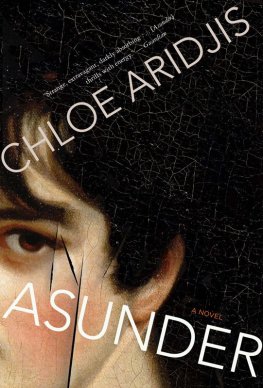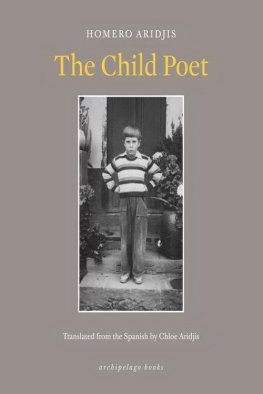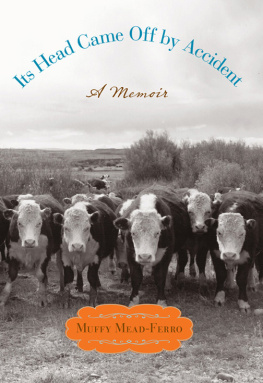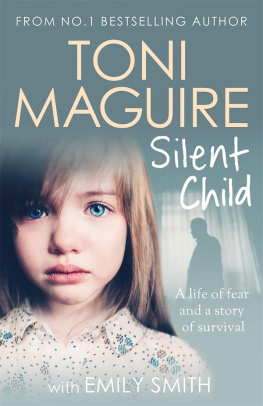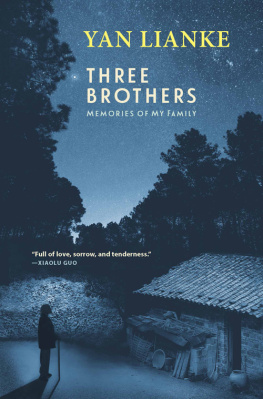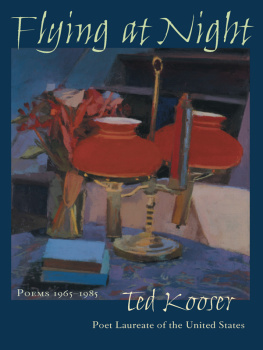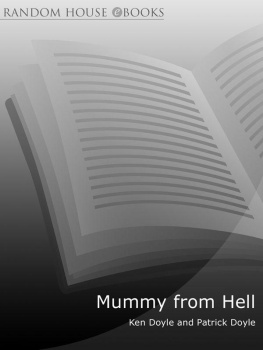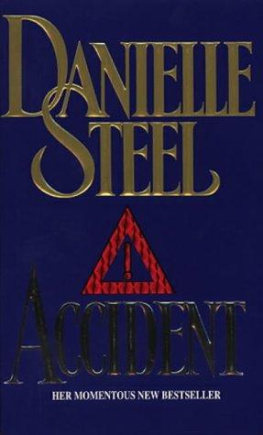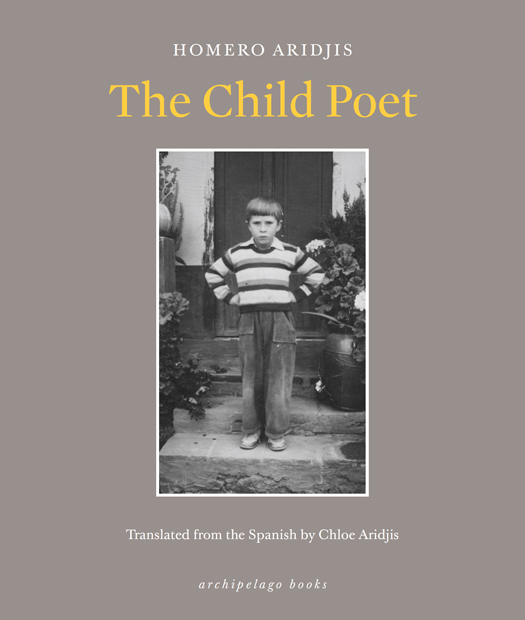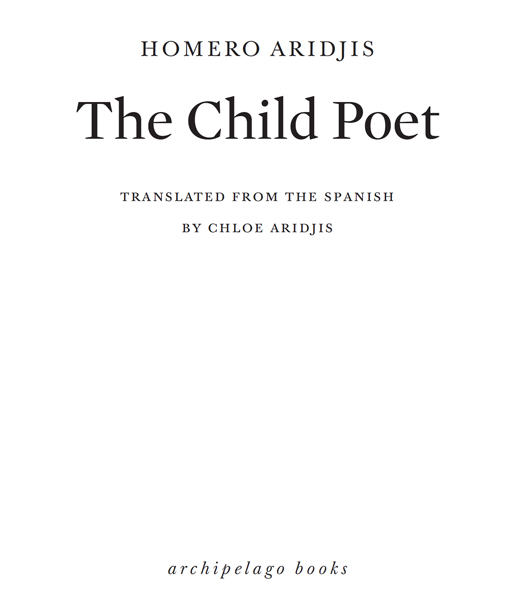
Copyright Homero Aridjis, 1971, 1972
English language translation Chloe Aridjis, 2016
First published as El poeta nio by Fondo de Cultura Econmica, Mexico, 1971
and El Encantador solitario, Fondo de Cultura Econmica, Mexico, 1972
First Archipelago Books Edition, 2016
All rights reserved.
No part of this book may be reproduced or transmitted in any form without the prior written permission of the publisher.
Archipelago Books
232 Third Street #A111 , Brooklyn, NY 11215
www.archipelagobooks.org
LIBRARY OF CONGRESS CATALOGING-IN-PUBLICATION DATA
available upon request
eBook ISBN: 978-0-914671-41-1
The publication of The Child Poet was made possible with support from the National Fund for Culture and the Arts (Mexico), Lannan Foundation, the National Endowment for the Arts, and the New York State Council on the Arts, a state agency.

Proust epigraph:
Remembrance of Things Past, vol. 1, Swanns Way.
Translated by C.K. Scott Moncrieff,
Henry Holt and Company, New York, 1992.
v3.1
M Y FATHER HAS ALWAYS SAID that he was born twice. The first time was to his mother, Josefina, in April 1940, and the second time was as a poet, in January 1951. His life was distinctly cleaved in two by an accident. Before that fateful Saturday he was carefree and confident, the youngest of five brothers growing up in the small Mexican village of Contepec, Michoacn. After the accident in which he nearly died on the operating table after shooting himself with a shotgun his brothers had left propped against the bedroom wall he became a shy, introspective child who spent afternoons reading Homer and writing poems and stories at the dining room table instead of playing soccer with his schoolmates.
There are precious few photographs of my father before his accident. One in particular offers a tender portrait of the boy who was left behind, and the scene of his shaken paradise. Frowning in the sunlight, he kneels beside Tarzan, the first in a line of beloved dogs. On the garden wall behind them hang two of my grandmothers many birdcages, most likely holding songbirds in midchorus.
It is of course tempting to imbue this pensive face with the intellect of the man to come. His expression is one of a heightened sensibility, his gaze fastened on something beyond the present. One senses shyness and self-assurance, a precocious gravitas but also vulnerability. The truth is, I will never really know who my father was at the time. Nor will he. After the accident his early childhood became like a locked garden.
And then, in 1971, the memories found a way out. As soon as my mother became pregnant with me, visions from this elusive period started returning to my father in astonishingly vivid dreams, giving shape to what would become El poeta nio, a celebration of his life before 1951. Imminent fatherhood helped revive memories that had, for two decades, lain dormant.
This work, narrated in a succession of interconnected vignettes, has provided me with a portrait of my father in his pre-poet years. I have grown to know the child at a time when sights and sensations were still delivered at their purest, when each day brought new perceptions of his mother and his father, when every villager in Contepec formed part of a personal mythology. It was a time when shadows were palpable and light had a sound of its own.
I began work on El poeta nio in a translation class at Harvard in autumn 1993. After translating half the book for my course, I was keenly encouraged by my professor to translate the other half. For mysterious reasons of the psyche perhaps I needed to write my own book first it took twenty years for me to complete the task.
Now, as then, translating my fathers text has been an exceptional experience. This has always been one of my favorite works of his, and the fact that its gestation was parallel to my own makes it especially poignant. And its main themes childhood reverie and artistic solitude and apartness were ones that would preoccupy me for years to come.
The structure of the book vignettes remains faithful to the method of composition, a sequence of loosely related dreams. Many of the passages stand on their own but they also form part of the larger mosaic of childhood reverie. After all, the language of the child, as Gaston Bachelard has described at length, is a language of images that acquire an oneiric quality when returned to later in life. We dream while remembering. We remember while dreaming.
There is certainly a forward movement to these pages and a distinct rhythm that emerges, but more than anything, it is a celebration of the image and its reverberations. For this is the cadence of reverie, and of a time when ones perception of the world arrives in fragments. I tried to preserve the poetic simplicity of the child narrator and remain faithful to his rendering of the world around him, opting for words that suited a younger vocabulary.
I also had to accept the strangeness of having Mexican characters converse in English, and of reconstructing such a determinedly Mexican village and landscape in another language. My grandparents, their house, the main square, the village cemetery: coordinates from my own childhood, engraved in my mind long before Id read the book. I was confronted with the transformation of a place and a people I knew intimately into characters inhabiting a literary landscape. Yet the themes, albeit explored within the frame of a small Mexican village in the 1940s, are universal.
My father never intended to write El poeta nio; it was created out of the necessity to retrieve his childhood. I once asked him about the actual process of writing the book. Because all memory is relative, he replied, it was difficult to avoid modifying his memories. They are vulnerable to subsequent experience and of course to the language in which they are lived and acquired and later recorded. Not to mention that the very act of transforming dreams into text is in itself a form of translation, and at best an approximation of the original. While writing, my father became a reader of his dreams, and while putting them to paper, he could not help but interpret them as well.
So perhaps this is a translation at twice remove; even so, I hope to have captured some of the mystery and wonder of my fathers childhood, the childhood that made him a poet.
C HLOE A RIDJIS
Not a footstep was to be heard on any of the paths. Somewhere in one of the tall trees, making a stage in its height, an invisible bird, desperately attempting to make the day seem shorter, was exploring with a long, continuous note the solitude that pressed it on every side, but it received at once so unanimous an answer, so powerful a repercussion of silence and of immobility that, one would have said, it had arrested for all eternity the moment which it had been trying to make pass more quickly.
M ARCEL P ROUST , Swanns Way
To my parents
Contents
T O SUCKLE . The world was an immense tit, a mountain the size of my mouth. Fingers. Pacifiers. Suction. Female faces with a maternal presence. White instants. Milky light.


